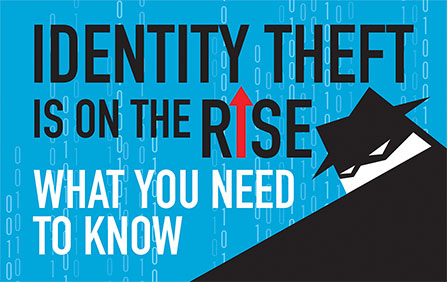|
Is identity theft just a problem for people who submit information online? You can be a victim of identity theft even if you never use a computer. Malicious people may be able to obtain personal information (such as credit card numbers, phone numbers, account numbers, and addresses) by stealing your wallet, overhearing a phone conversation, rummaging through your trash (a practice known as dumpster diving), or picking up a receipt at a restaurant that has your account number on it. If a thief has enough information, he or she may be able to impersonate you to purchase items, open new accounts, or apply for loans. The Internet has made it easier for thieves to obtain personal and financial data. Most companies and other institutions store information about their clients in databases; if a thief can access that database, he or she can obtain information about many people at once rather than focus on one person at a time. The Internet has also made it easier for thieves to sell or trade the information, making it more difficult for law enforcement to identify and apprehend the criminals. How are victims of online identity theft chosen? Identity theft is usually a crime of opportunity, so you may be victimized simply because your information is available. Thieves may target customers of certain companies for a variety of reasons; for example, a company database is easily accessible, the demographics of the customers are appealing, or there is a market for specific information. If your information is stored in a database that is compromised, you may become a victim of identity theft. Are there ways to avoid being a victim?
Unfortunately, there is no way to guarantee that you will not be a victim of online identity theft. However, there are ways to minimize your risk:
0 Comments
Your comment will be posted after it is approved.
Leave a Reply. |
Archives
August 2018
Categories |




 RSS Feed
RSS Feed

